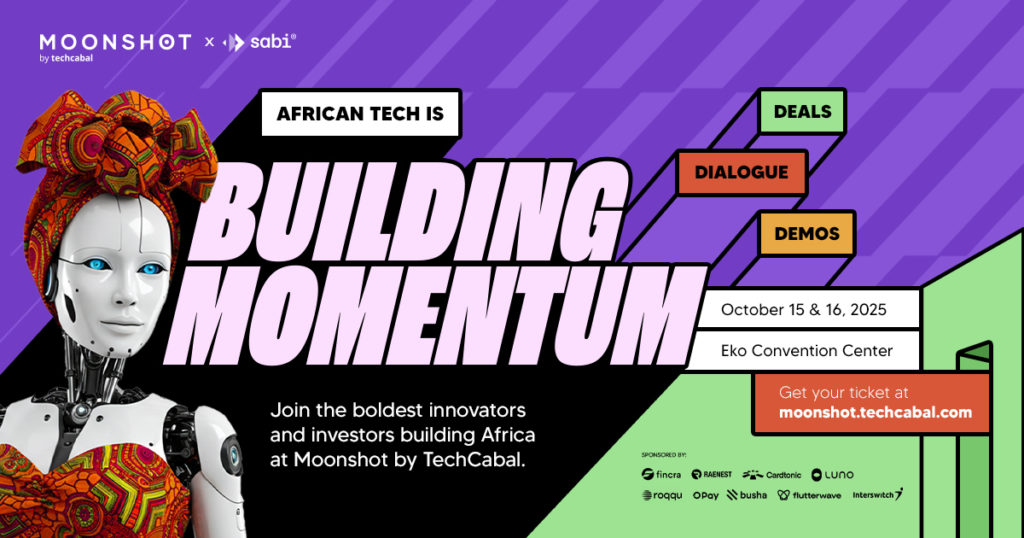Across social media platforms like X, Instagram comment sections, WhatsApp group chats, and even in everyday conversations, one question persistently sparks debate: “Who stands as the greatest Afrobeats artist of all time?” Each community fiercely supports their preferred musician, eager to declare their champion as the definitive GOAT. This discussion is ongoing and rarely reaches a consensus.
Curious about how artificial intelligence might weigh in on this cultural debate, I decided to explore AI’s perspective. Given AI’s growing role in our daily lives-from enhancing productivity to fueling creativity-it seemed natural to see if these systems could engage with such a culturally rich topic. Fans have already begun using tools like Elon Musk’s Grok to generate AI-driven comparisons, often to tease rival fanbases.
However, my interest extended beyond simply identifying who the AI models favored. I wanted to understand why they made those choices. What insights could their selections provide about the data they were trained on? Could their reasoning shed light on how AI interprets Nigerian culture?
Conducting the Inquiry
To investigate, I queried five AI platforms: ChatGPT, Gemini, Meta AI, Perplexity, and Grok. Each was given the identical prompt:
“Rank the greatest Afrobeats artists of all time and explain your criteria.”
After receiving their initial responses, I followed up with a deeper question:
“Please clarify your sources of information and provide a step-by-step explanation with references to data points.”
Since these AI systems are trained on diverse datasets, I anticipated varied answers.



Insights from AI Responses
The most notable observation was the lack of consistency across the AI outputs. Even a single model would sometimes alter its ranking when prompted to justify its choices. This variability highlighted how these systems continuously adapt their answers based on the nature of the query. For example, Perplexity initially named Wizkid as the top Afrobeats artist, but when asked to provide evidence and reasoning, it shifted its endorsement to Burna Boy.


The criteria for ranking were equally fluid. Initially, the AI models emphasized subjective qualities such as pioneering contributions, artistic merit, international influence, and career longevity. Meta AI and Perplexity also highlighted consistency in producing hit singles and albums.
However, when pressed for more concrete evidence, the models pivoted to quantifiable metrics like Billboard chart positions, streaming statistics, and Grammy wins. Each round of questioning prompted the AI to revise its rationale.
Kingsley Owadara, an AI ethicist and founder of the Pan-Africa Center for AI Ethics, refers to this as the “chain of thought” challenge. AI models don’t retrieve facts from a fixed database; instead, they predict the most probable next piece of information based on patterns in their training data. When asked to explain their reasoning, they essentially generate a new prediction, which can lead to different conclusions. Other experts attribute this inconsistency to the absence of structured reasoning processes inherent in the design of these models.
While this may seem like a minor quirk in the context of Afrobeats debates, it becomes more concerning when AI is used to summarize history, culture, or political events. The fluidity in ‘truth’ depending on follow-up questions risks distorting reality.
Western-Centric Perspectives
A further pattern emerged in the AI’s heavy reliance on global validation. Even when citing “cultural impact,” the models often anchored their assessments in Western recognition-awards from the West, collaborations with UK or US artists, and coverage by international media outlets.
For instance, Grok noted that Burna Boy’s album Ye gained prominence partly because it shared a title with Kanye West’s album released months later. While Nigerians embraced Ye as a cultural anthem following its 2018 YouTube debut, the AI seemed to interpret its significance primarily through Western reference points.

This Western bias was also evident in the sources the AI cited. When asked for references, the models predominantly drew from outlets like Rolling Stone, Pitchfork, The New York Times, BBC, and CNN. African media sources were scarcely mentioned. Owadara explains this as a consequence of the training data’s composition: “The models rely heavily on overrepresented data sources and overlook underrepresented ones, such as local African music blogs.”
He attributes this imbalance to structural challenges including limited digitization of African content, language barriers, infrastructural constraints, and the dominance of Western media in global datasets. The result is a portrayal of Nigerian culture filtered through an external lens rather than reflecting its authentic, lived experience.
If Afrobeats-the continent’s most prominent cultural export-is primarily defined by its Western accolades, what hope is there for less internationally visible African cultural expressions?
Creating AI Rooted in African Contexts
Olajide Philips, co-founder of KorinAI, is addressing this gap by developing the Large African Music Model (LAMuM). This AI is trained specifically on African musical traditions, languages, and cultural contexts to generate music that resonates authentically with the continent’s heritage. Unlike Western models that scrape the internet broadly, KorinAI’s team conducts fieldwork-visiting rural communities, engaging with elders, and recording folk songs and chants that are rarely digitized.
Philips’ motivation stems from frustration with how Western-centric AI models flatten African music into a globalized but essentially Western framework. “Africa must develop its own large language models,” he insists, “or future generations risk learning a culture that isn’t truly theirs.”
For me, this experiment was less about settling the Afrobeats GOAT debate and more about observing how AI interprets Nigerian culture. The findings underscore a crucial point: AI models reflect the biases and limitations of their training data. When Western media dominate these datasets, global visibility overshadows local significance.
Until Africa builds its own AI systems, the dominant narratives about its culture will continue to be shaped from outside its borders.
Save the date! Moonshot by TechCabal returns to Lagos on October 15-16! Join Africa’s leading founders, creatives, and tech innovators for two days of inspiring talks, networking, and forward-thinking ideas. Secure your tickets now at moonshot.techcabal.com



















0 Comments